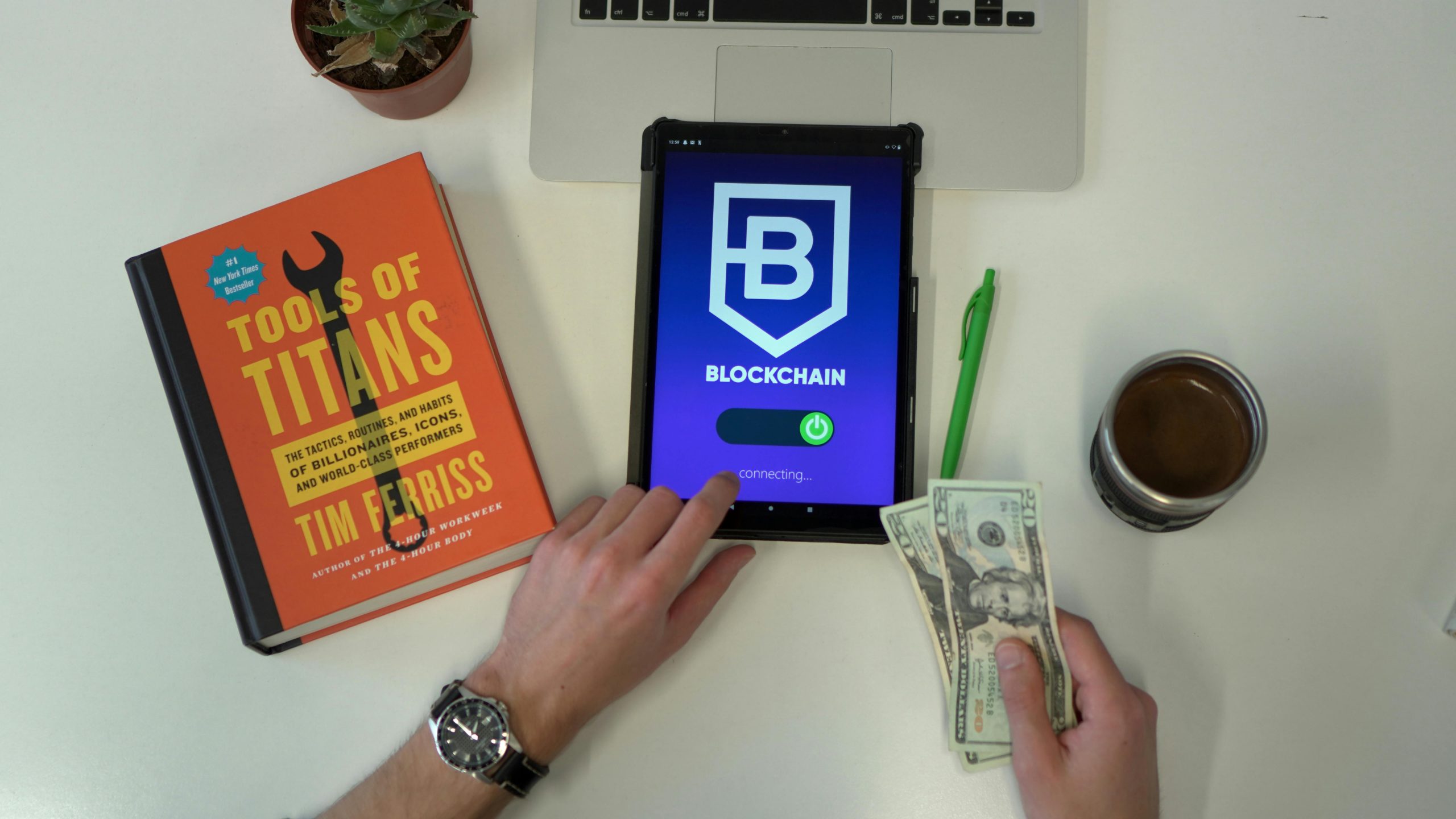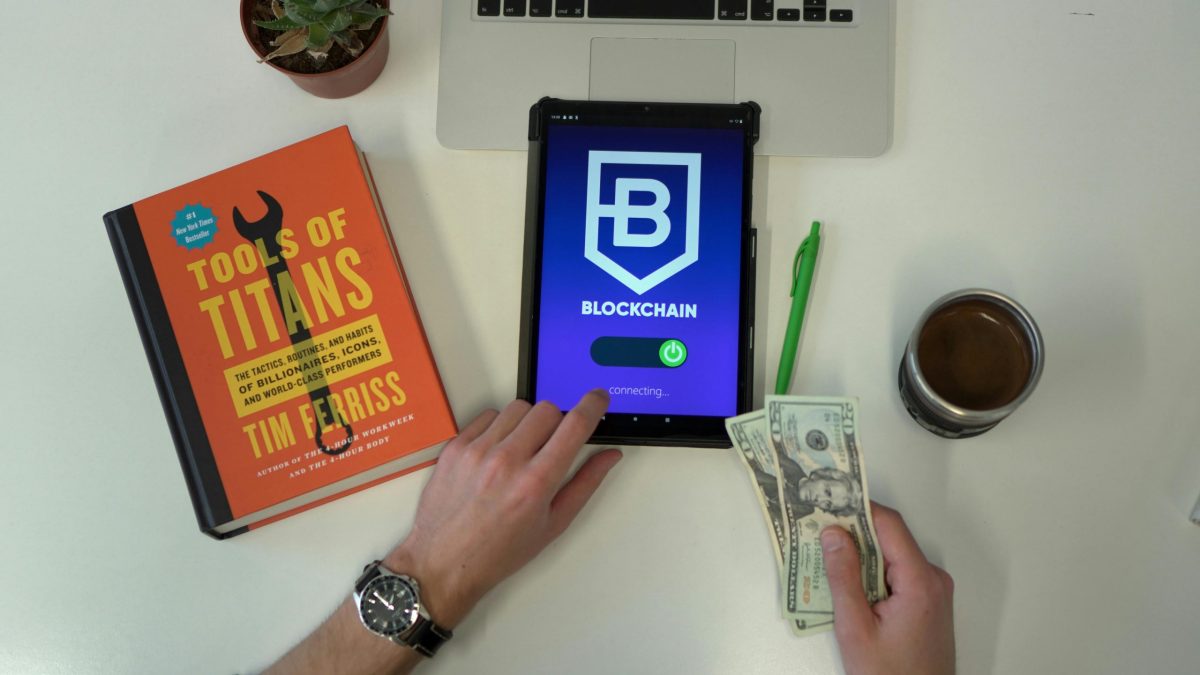Introduction to Personal Finance Education in Australia

Overview of Financial Literacy in Australia
Australia boasts a relatively high level of financial literacy compared to global standards. Yet, a deeper dive reveals a patchwork of understanding, with significant room for improvement. The ability to make informed financial decisions is crucial in today’s complex economic landscape, underscoring the importance of financial education.
The Gap in Traditional Education Systems
Despite Australia’s commendable financial literacy rates, traditional education systems often fall short in equipping students with practical personal finance skills. This gap leaves many young Australians unprepared for the financial challenges of adulthood, from managing debt to investing wisely.
The Rise of Personal Finance Blogs and Podcasts
In response to this educational void, personal finance blogs and podcasts have surged in popularity. These platforms offer accessible, engaging, and often free resources on a wide range of financial topics. From budgeting basics to sophisticated investment strategies, these digital mediums have become invaluable tools for those seeking to enhance their financial knowledge and security.
The rise of personal finance education through blogs and podcasts marks a pivotal shift in how Australians learn about money management. These platforms not only provide essential financial insights but also foster a community of informed and empowered individuals, ready to make sound financial decisions.
Understanding the Landscape of Personal Finance Blogs and Podcasts

The landscape of personal finance blogs and podcasts is as diverse as it is dynamic, covering an array of topics crucial for financial well-being. From the intricacies of budgeting to the complexities of investing, superannuation, and debt management, these resources offer a wealth of knowledge. They cater to both novices and seasoned investors, providing insights that can transform financial habits and outcomes. The popularity of these platforms has soared, with many Australians turning to them for guidance and advice. Among the plethora of options, certain blogs and podcasts have risen to prominence, becoming go-to resources for those eager to navigate the financial maze with confidence.
- Variety of Topics Covered: The breadth of topics ensures that there’s something for everyone, whether you’re looking to save for a rainy day, invest in your future, or manage your debts effectively.
- Popular Australian Personal Finance Blogs and Podcasts: These platforms have garnered a loyal following, thanks to their practical advice, relatable content, and the credibility of their creators.
- Criteria for Evaluating Credibility and Usefulness: When selecting a blog or podcast, consider the expertise of the author or host, the quality of the content, and the relevance to your personal financial situation. Authenticity, transparency, and a track record of providing valuable insights are key indicators of a resource worth your time.
This vibrant ecosystem of personal finance blogs and podcasts plays a pivotal role in financial education, empowering individuals with the knowledge and tools needed to make informed decisions. As you navigate this landscape, remember that the most valuable resources are those that resonate with your financial goals and learning style, guiding you towards financial literacy and independence.
The Role of Personal Finance Blogs in Financial Education

Personal finance blogs have emerged as a cornerstone in the edifice of financial education, offering a treasure trove of relatable and practical financial advice. These platforms shine by distilling complex financial concepts into digestible, actionable insights. They serve as a beacon for those navigating the often turbulent waters of personal finance, illuminating paths with case studies and personal stories that resonate deeply with Australians. The power of these narratives lies in their ability to transform abstract financial principles into tangible experiences, making the learning both engaging and memorable.
- Relatable and Practical Financial Advice: Blogs break down complex financial jargon into understandable language, making finance accessible to all.
- Case Studies and Personal Stories: Real-life examples provide a mirror for readers, reflecting the financial challenges and victories experienced by fellow Australians.
- Platform for Financial Education and Literacy Campaigns: Beyond individual learning, blogs act as rallying points for broader financial literacy campaigns, fostering a community of informed and proactive individuals.
Through their unique blend of personal anecdotes, expert analysis, and educational content, personal finance blogs play an indispensable role in enhancing financial literacy. They not only educate but also inspire and empower individuals to take control of their financial destinies. As we continue to explore the landscape of personal finance education, the significance of these blogs cannot be overstated. They are not just platforms for financial education; they are catalysts for financial empowerment.
The Impact of Podcasts on Financial Literacy

Podcasts have revolutionised the way we approach financial education, offering a blend of convenience and depth that complements traditional learning avenues. With the ability to tune in anytime and anywhere, learners find themselves immersed in a world where financial concepts are demystified through engaging narratives and expert insights. This medium has proven particularly adept at breaking down barriers to financial literacy, making it an indispensable tool in the modern financial education toolkit.
- Convenience and Accessibility: The ease with which one can access podcasts means that learning about finance no longer requires sitting through lengthy seminars or wading through dense textbooks. Whether you’re commuting, exercising, or simply relaxing at home, podcasts transform these moments into opportunities for growth and learning.
- Interviews with Financial Experts and Real-Life Case Studies: Podcasts often feature interviews with leading financial experts, offering listeners direct access to professional insights and strategies. Coupled with real-life case studies, these interviews provide a practical perspective on financial management, making abstract concepts relatable and understandable.
- Complementing Other Forms of Financial Education: While immensely valuable, podcasts are best utilised as part of a broader financial education strategy. They serve to reinforce and expand upon the knowledge gained through other channels, ensuring a well-rounded understanding of personal finance.
By integrating podcasts into their learning journey, individuals can navigate the complexities of personal finance with greater confidence. This dynamic medium not only educates but also inspires, empowering listeners to take proactive steps towards financial literacy and independence.
Bridging the Gap: How Blogs and Podcasts Make Financial Education Accessible

Traditional financial education often presents barriers that can deter or exclude many from gaining the knowledge they need to navigate the financial world confidently. However, the emergence of personal finance blogs and podcasts has significantly democratized access to financial education, overcoming these traditional barriers. These platforms have become beacons of knowledge, shining a light on topics that range from the basics of budgeting to the nuances of investment strategies, all tailored to a diverse audience. The beauty of blogs and podcasts lies in their ability to reach people from all walks of life, breaking down complex financial concepts into relatable and understandable content.
- Reaching Diverse Audiences: With content that caters to varying levels of financial literacy, blogs and podcasts ensure that everyone, regardless of their background or education, has the opportunity to improve their financial well-being.
- Interactive Elements: Many of these platforms incorporate interactive features such as Q&A sessions and community forums. These elements not only enhance the learning experience but also foster a sense of community among users, encouraging discussions and the exchange of ideas.
- Empowering Individuals: By providing accessible, engaging, and free resources, blogs and podcasts empower individuals to take control of their financial futures. They offer a lifeline to those who may feel overwhelmed by the complexities of personal finance, guiding them towards informed decisions and financial independence.
The role of blogs and podcasts in financial education cannot be overstated. They bridge the gap between traditional financial education and the needs of today’s learners, making financial literacy a reachable goal for all. As these platforms continue to evolve, they promise to further enrich the landscape of financial education, ensuring that learning about finance is not only accessible but also engaging and empowering.
Bridging the Gap: How Blogs and Podcasts Make Financial Education Accessible
Traditional financial education, often mired in complex jargon and inaccessible formats, has left many feeling disconnected. Blogs and podcasts, however, are changing the game. They break down barriers, making financial wisdom accessible to a broad audience. Their role in reaching diverse groups cannot be overstated. Whether you’re a student, a professional, or someone facing retirement, these platforms offer tailored advice that speaks directly to your situation.
- Overcoming Traditional Barriers: By demystifying financial concepts, blogs and podcasts ensure that no one is left behind in the quest for financial literacy.
- Reaching Diverse Audiences: These digital platforms cater to varied interests and learning styles, ensuring that everyone, regardless of their background, has access to quality financial education.
- Enhancing Learning with Interactive Elements: Features like Q&A sessions and community forums invite engagement, making learning a two-way street. This interactivity not only clarifies doubts but also fosters a sense of community among learners.
Through their innovative approach, blogs and podcasts are not just educational tools; they are lifelines to those seeking to navigate the complexities of personal finance. They empower individuals with the knowledge and confidence needed to make informed financial decisions, marking a significant leap towards financial literacy and independence.
Bridging the Gap: How Blogs and Podcasts Make Financial Education Accessible
Traditional financial education, often mired in complex jargon and inaccessible formats, has left many feeling disconnected. Blogs and podcasts, however, are changing the game. They break down barriers, making financial wisdom accessible to a broad audience. Their role in reaching diverse groups cannot be overstated. Whether you’re a student, a professional, or someone facing retirement, these platforms offer tailored advice that speaks directly to your situation.
- Overcoming Traditional Barriers: By demystifying financial concepts, blogs and podcasts ensure that no one is left behind in the quest for financial literacy.
- Reaching Diverse Audiences: These digital platforms cater to varied interests and learning styles, ensuring that everyone, regardless of their background, has access to quality financial education.
- Enhancing Learning with Interactive Elements: Features like Q&A sessions and community forums invite engagement, making learning a two-way street. This interactivity not only clarifies doubts but also fosters a sense of community among learners.
Through their innovative approach, blogs and podcasts are not just educational tools; they are lifelines to those seeking to navigate the complexities of personal finance. They empower individuals with the knowledge and confidence needed to make informed financial decisions, marking a significant leap towards financial literacy and independence.
Future Trends in Personal Finance Education via Digital Platforms

The evolution of personal finance education is unmistakably veering towards digital platforms, where the integration of multimedia resources is not just a trend, but a revolution. Videos and interactive tools are becoming the backbone of financial learning, transforming the way concepts are understood and applied in real life. This dynamic approach caters to a diverse audience, ensuring that whether one is a visual learner or prefers hands-on experiences, there’s something for everyone.
Collaboration is on the horizon, with financial educators and traditional institutions recognizing the potential in joining forces. Such partnerships promise to enrich the educational landscape, blending the credibility and depth of traditional finance with the accessibility and engagement of digital platforms. This synergy could unlock unprecedented value for learners, offering a comprehensive financial education that bridges theoretical knowledge with practical application.
At the heart of this transformation is technology, a powerful enabler that personalizes the learning journey. Imagine a platform that adapts to your pace, tailors content to your interests, and challenges you with real-world scenarios. This is not a distant future but an imminent reality. Technology’s role in personalizing financial education ensures that learning is not just effective but also relevant to each individual’s unique financial situation and goals.
The future of personal finance education is bright, with digital platforms leading the charge. As we embrace this new era, the promise of a financially literate society seems more attainable than ever. Engaging, personalized, and accessible—this is the new paradigm for financial education, powered by the digital revolution.
In Closing
Financial literacy is within reach for all Australians. This empowerment comes through the innovative use of blogs and podcasts, breaking down traditional barriers to financial education. By blending personal stories with expert insights, these platforms offer practical guidance for navigating the complexities of personal finance. They not only educate but also inspire action towards achieving financial independence and security. Looking ahead, the continued evolution of digital learning tools promises to further democratize financial knowledge, urging everyone to embrace the journey toward informed financial decisions and a more secure financial future.

Ayesha Brueckner is your typical 24 year. Carrying a mountain of student debt. Looking at house prices and wondering if buying one will ever be possible. Looking for income solutions outside of a weekly wage. Join her on her investment and wealth research journey.

